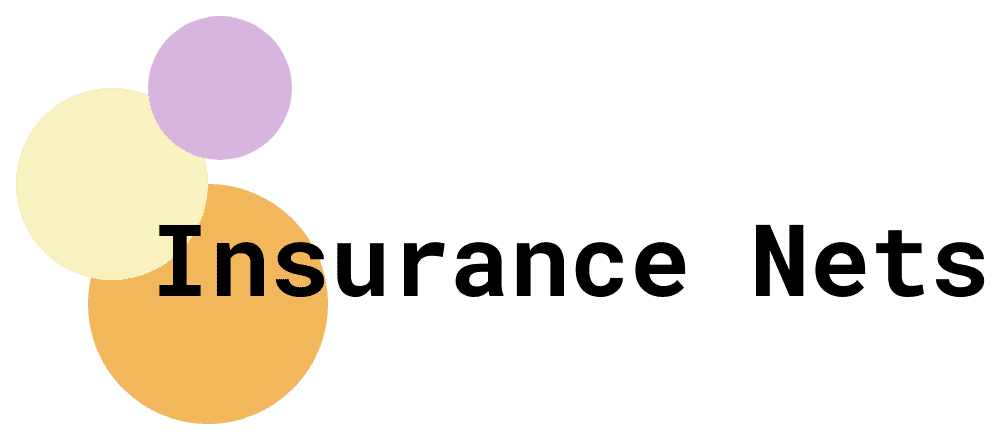Introduction: The Shield Against Financial Liabilities – Liability Insurance
Liability insurance is a critical financial safety net that protects individuals and businesses from the potentially devastating costs of legal claims and lawsuits. In this comprehensive guide, we’ll delve into the world of liability insurance, understanding what it is, how it works, the types available, and why securing the right coverage is essential for safeguarding your financial future.
Understanding Liability Insurance
Liability insurance is a contract between an individual or business (the policyholder) and an insurance company (the insurer). In exchange for regular payments known as premiums, the insurer agrees to provide financial protection in the event of legal claims or lawsuits due to the policyholder’s negligence or actions that cause harm to others.
How Liability Insurance Works
The mechanics of liability insurance are relatively straightforward:
1. Policy Initiation
The policyholder purchases liability insurance, specifying the type of coverage, coverage limits, and premium payments. Common forms of liability insurance include auto liability insurance, homeowners liability insurance, and business liability insurance.
2. Premium Payments
The policyholder pays regular premiums to maintain liability insurance coverage. Premium amounts vary based on factors such as the type of coverage, coverage limits, and the policyholder’s risk profile.
3. Occurrence of a Covered Event
When an event occurs that is covered by the policy, such as a car accident, property damage, or a liability lawsuit, the policyholder notifies the insurance company.
4. Claim Evaluation and Settlement
The insurance company assesses the claim’s validity and, if approved, provides compensation to cover the policyholder’s legal defense costs, settlements, or judgments, up to the policy’s coverage limits.
Types of Liability Insurance
Liability insurance comes in various forms to address different aspects of life and business:
1. Auto Liability Insurance
Auto liability insurance covers injuries and property damage that the policyholder causes while operating a vehicle. It’s typically mandatory in most jurisdictions.
2. Homeowners Liability Insurance
Homeowners liability insurance protects against claims or lawsuits arising from injuries or property damage that occur on the policyholder’s property.
3. Business Liability Insurance
Business liability insurance, also known as commercial liability insurance, shields businesses from financial losses due to liability claims or lawsuits related to their products, services, or operations.
4. Professional Liability Insurance
Professional liability insurance, often called errors and omissions insurance, provides protection to professionals (e.g., doctors, lawyers, architects) against claims of negligence or malpractice in their services.
The Importance of Liability Insurance
Liability insurance is crucial for several reasons:
1. Financial Protection
It safeguards individuals and businesses from the potentially crippling financial costs of legal claims, settlements, or judgments.
2. Legal Compliance
Many forms of liability insurance, such as auto liability insurance, are legally required in most jurisdictions to ensure that individuals and businesses can meet their financial obligations in case of accidents or harm to others.
3. Risk Mitigation
Liability insurance allows individuals and businesses to conduct their activities with confidence, knowing that they have a financial safety net in place to handle unexpected liabilities.
Choosing the Right Liability Insurance
To select the right liability insurance coverage, consider these factors:
1. Coverage Needs
Assess your specific liability risks and coverage needs, considering factors such as your assets, business operations, or profession.
2. Coverage Limits
Determine the appropriate coverage limits that will provide adequate protection against potential liabilities.
3. Premium Costs
Understand the cost of premiums and how they fit into your budget while ensuring that you have sufficient coverage.
4. Insurer Reputation
Choose an insurance company with a strong reputation for customer service, claims processing, and financial stability.
Conclusion
Liability insurance is a vital tool that empowers individuals and businesses to protect themselves from the financial fallout of legal claims and lawsuits. By understanding the fundamentals of liability insurance, assessing your coverage needs, and making informed decisions, you can navigate life and business with confidence, knowing that you have a shield against unforeseen liabilities.



